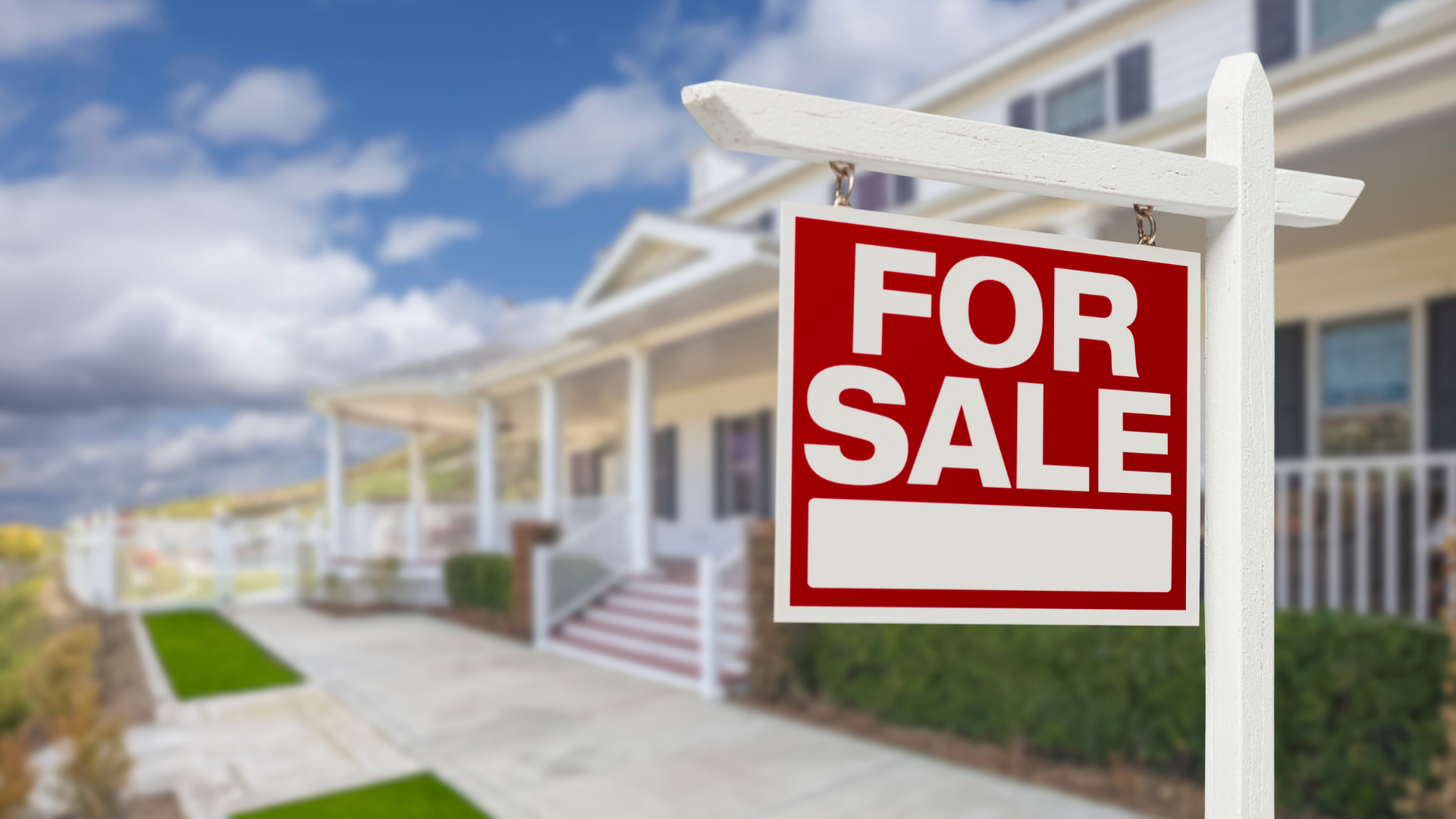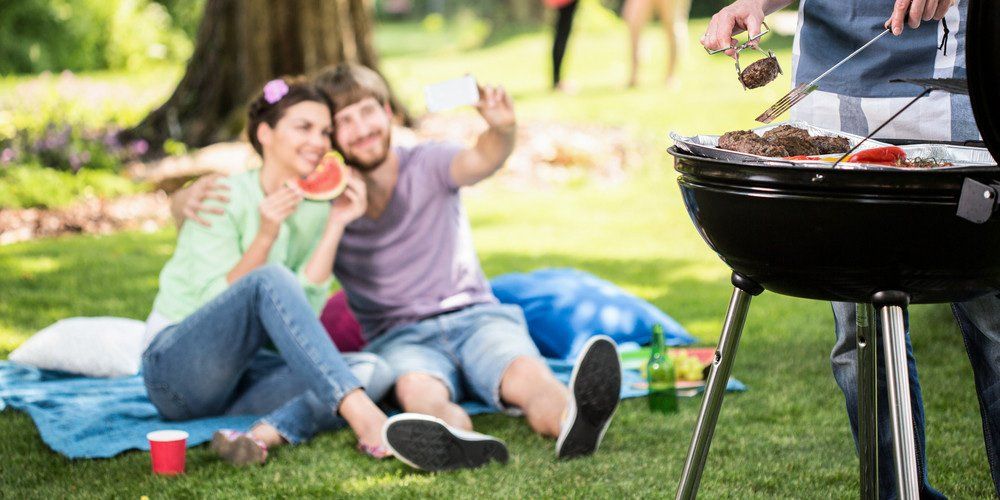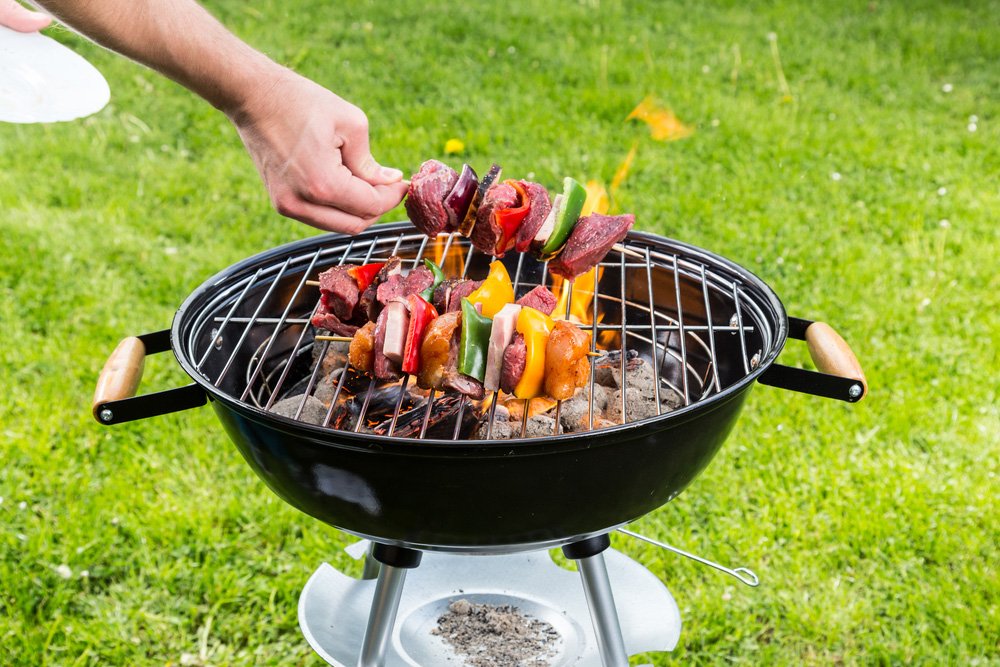The Backyard BBQ: Things to Consider
The summer season is getting close, there is talk of barbecue everywhere you go.
We love it, don’t we? And not just because of the food aspect (although, admittedly, that’s a huge factor). We love the idea of the BBQ because of the social component. It’s here that we have the opportunity to welcome our family and friends into our home with the promise of a deliciously grilled feast at the centre of the festivities.
Burgers, ribs, chicken, and steaks; smothered with barbecue sauce, in your backyard, it doesn’t get much better than this.
Are you a seasoned griller with an itch to upgrade your setup? This is for you. Are you a novice, or are you just now beginning the process of looking for a grill of your very own? This is for you, as well.
The following are things to consider as you look for that perfect backyard BBQ:
One of the first things you will want to figure out is your useage! Consider the number of people for which you could be cooking, and then buy appropriately. Yes, smaller models are generally available at a reduced rate, but more space on the grill (primary square inches) may prove crucial for those extended family get-togethers, summer block parties and miscellaneous shindigs. If you feel you may use the space, spend the money and get the real estate (within reason, of course).
Coincidently, if you know for certain that you’ll be grilling for small(er) groups consistently, than a smaller grill might just be the ticket. Either way, it will be important for you to consider these options before you invest.
Before you hand over your hard earned dollars, you should be aware of the differences between cookers, so here is a breakdown of the different types of cookers! Beware, the options are endless, and beautiful!
Charcoal
This grill is a classic of our time. It’s simplicity of design means that it’s easy to set up and operate (with relatively few mechanical parts to get in the way). There are a few drawbacks: it can be a touch difficult to control grilling heat, and the fuel (charcoal briquettes) tends to burn fairly quickly. In spite of these things, the charcoal grill should be something to consider as you sift through the various options available to you.
Propane
Fueled by a refillable propane tank, this type of grill is easy to use and easy to clean. Not to mention each tank tends to last a good long while (you’ll find yourself refilling approximately twice a season, if you’re using your BBQ on a daily basis) The downside of these models is the tendency of the parts to… well… break, especially the igniters. Because of this, don’t be sucked in by cheaper models; Instead, go for trusty names such as Weber and Broil King. The life of your BBQ (and your igniter) will thank you.
Natural Gas
These grills rely on a dedicated gas line to provide the necessary heat. And while the initial startup cost may be a little bit high, over time, you will save (compared to the fuel costs associated with propane and charcoal). Just don’t make the mistake of buying a natural gas BBQ if your house doesn’t have the appropriate utility!
Smoker
A smoker is not necessarily going to replace your BBQ, it should almost be considered as an addition to your primary cooker. A smoker is a unique piece in that it’s designed to “slow cook” its contents, adding deep flavour and rich texture over a series of hours or days. These cookers take much, much longer to produce a finished product, however, the finished product (if done right) will be immaculate.
Three words… Big Green Egg. Described as the ultimate cooking experience, a Big Green Egg is a kamado-style ceramic charcoal barbecue cooker, and you probably need one! There are thousands of youtube channels and online communities dedicated to cooking in a Big Green Egg to help get you started or to help perfect your craft.
Warning, if you follow this link, you might get sucked into a BBQ subculture that you may never escape, biggreenegg.com. They even have an annual event called Eggtoberfest where thousands of people come together in Atlanta to experience food cooked on an egg.
Brick Oven
Okay, if you want to go all out and be the envy of everyone you know… consider building a massive open fire brick oven in your backyard! Or maybe better yet, Jamie Oliver has come out with a line of backyard brick ovens. This one is called the Dome 60 and according to Jamie, it will cook a pizza in 1 to 2 minutes, “it will cook a sardine in a minute and a half, crispy skin all over, garlic, olive oil, parsley, lemon zest, beautiful.” Who doesn’t love Jamie Oliver!
Think about it, a brick oven in your backyard could potentially change your life!
Regardless of which way you go, have a great month, get out often, and happy grilling!
On a side note, if you need a bigger backyard to accommodate your newfound passion for grilling, I can certainly give you a hand with the financing… let’s talk over some BBQ!
This article originally appeared in the DLC Newsletter for May 2016.
Share
RECENT POSTS










